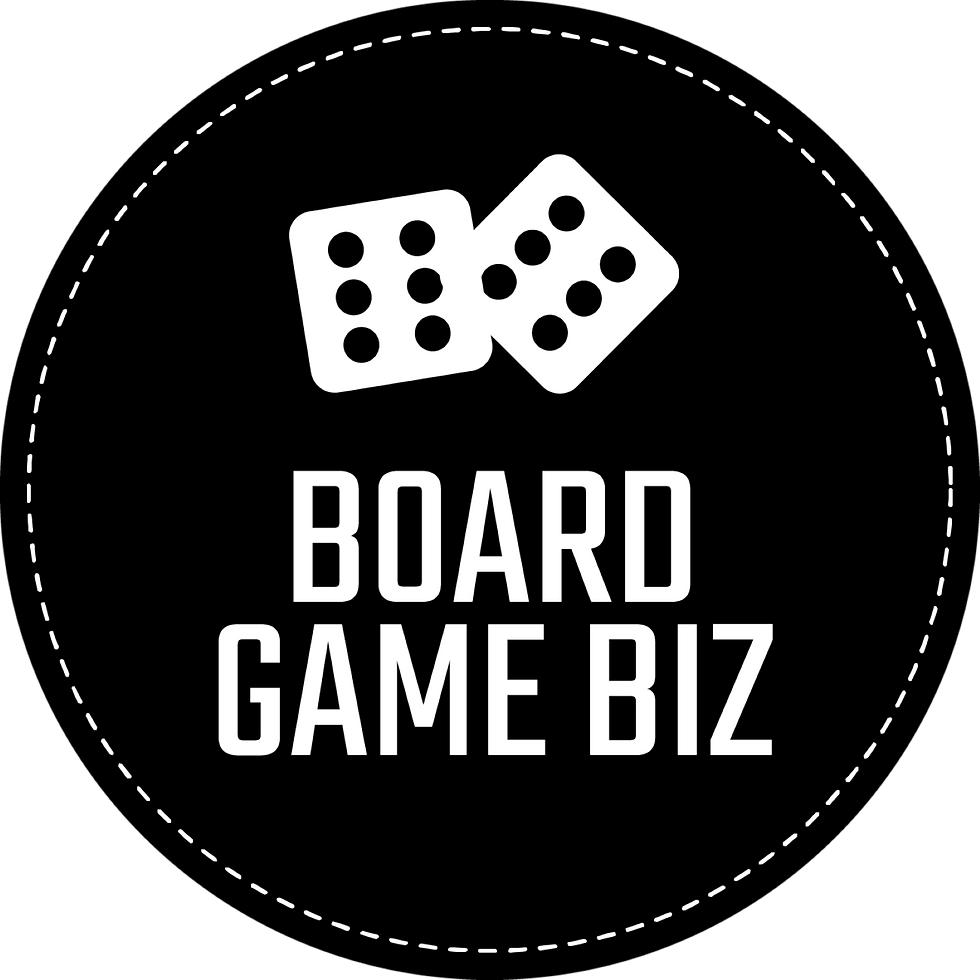TOY & GAME FACTORIES WE REPRESENT
We operate as Toy Factory Sales Reps for represent the following factories both in and outside of China. All of these factories have the necessary certifications, have capacity, have a history of successfully supplying other Toy & Game companies and who are very much open for business:
Plastic Toy Factory in China (managed from Hong Kong) – strong track record of decades of supplying Toy companies around the world.
Board Games supplier in China – I have worked with this vendor for 20 years, they have supplied dozens of major & minor customers of mine.
Games factory in Vietnam – supplying cardboard, wood & plastic Games.
Games factory in India – supplying major Toy & Game companies with cardboard & plastic games.
Plastic & Electronic Toy Factory in India – major supplier, having supplied 4 out of 5 of the world’s biggest Toy Cos.
Plush factory in India -leading Plush factory with strong R&D skills.
If you would like more information on any of these factories or if you need help with a strategic approach to Sourcing or want to find specific factory types, please feel free to get in touch via the Contact Us page.

